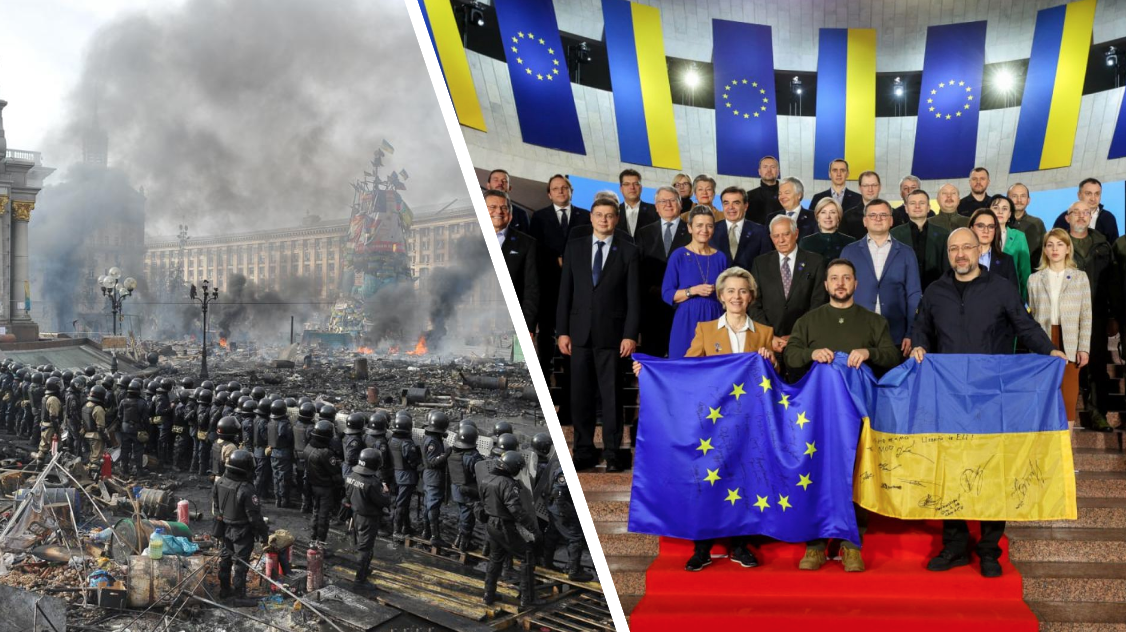

Transparency International Ukraine analyzed how Ukraine has implemented anti-corruption reform in the past 10 years, and what obstacles and challenges impede full-fledged European integration.
After the Revolution of Dignity, Ukraine has firmly chosen the European integration course and began its fight against corruption practices that were formed at the level of the state and in all its spheres.
The authorities and the public have managed to jointly create an effective anti-corruption infrastructure, adopt legislation, and reform public procurement, which is one of the best practices in this field.
All these changes were quite difficult to introduce, we had to overcome a lot of internal and external resistance to reforms, both at the political and at the legal level. But the real shock for Ukraine and its citizens was the full-scale Russian invasion on February 24, 2022.
However, despite the brutal aggressive Russian war, Ukraine continues to make progress in democratic and rule of law reforms. This, in particular, is indicated by the Corruption Perceptions Index (CPI), in which Ukraine scored 36 points out of 100 in 2023, and now ranks 104th among 180 countries. Over these 10 years, we have made one of the biggest leaps in this study, all the while showing steady progress and motivation in the fight against corruption.
In the report, developed at the request of the Polish Stefan Batory Foundation, we describe the main achievements of Ukraine in improving state transparency and anti-corruption reform from February 2014 to March 2024, as well as explore the issues of post-war reconstruction.
The material consists of three sections. First, our experts conducted an in-depth review of the anti-corruption reform from the Revolution of Dignity to February 2024, describing the launch of anti-corruption infrastructure, introduction of procurement reform, digitalization of processes in Ukraine (in particular, the launch of databases, registers, legislative regulation of access to public information).
The second section discussed the anti-corruption policy after the full-scale invasion in more detail. In this part of the report, we studied the operational capacity of institutions, analyzed the features of anti-corruption policy and criminal liability for corruption offenses in more detail.
Finally, we studied the challenges that Ukraine faced within the framework of recovery and reconstruction. In particular, our experts covered the possibilities of reducing corruption risks in these processes, described the importance of transparency in recovery projects and strategic planning, analyzed the role of audit and recovery control, and provided their vision of how to establish an effective process of confiscation of corruption-related and Russian assets.
For each of the issues under study, the experts proposed certain steps that would help to ingrain the implemented reforms.
In the future, this report will be presented to European partners and will become the basis for further international communication on Ukraine’s progress in the fight against corruption within its preparation for EU membership.
In the future, this report will be presented to European partners and will become the basis for further international communication on Ukraine's progress in the fight against corruption within its preparation for EU membership.






